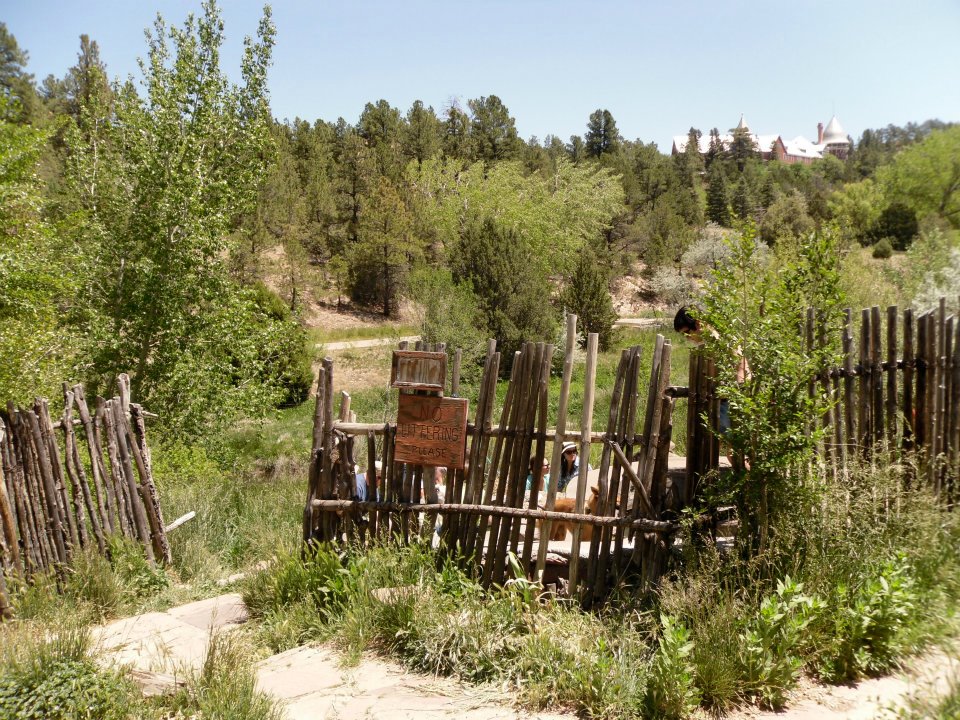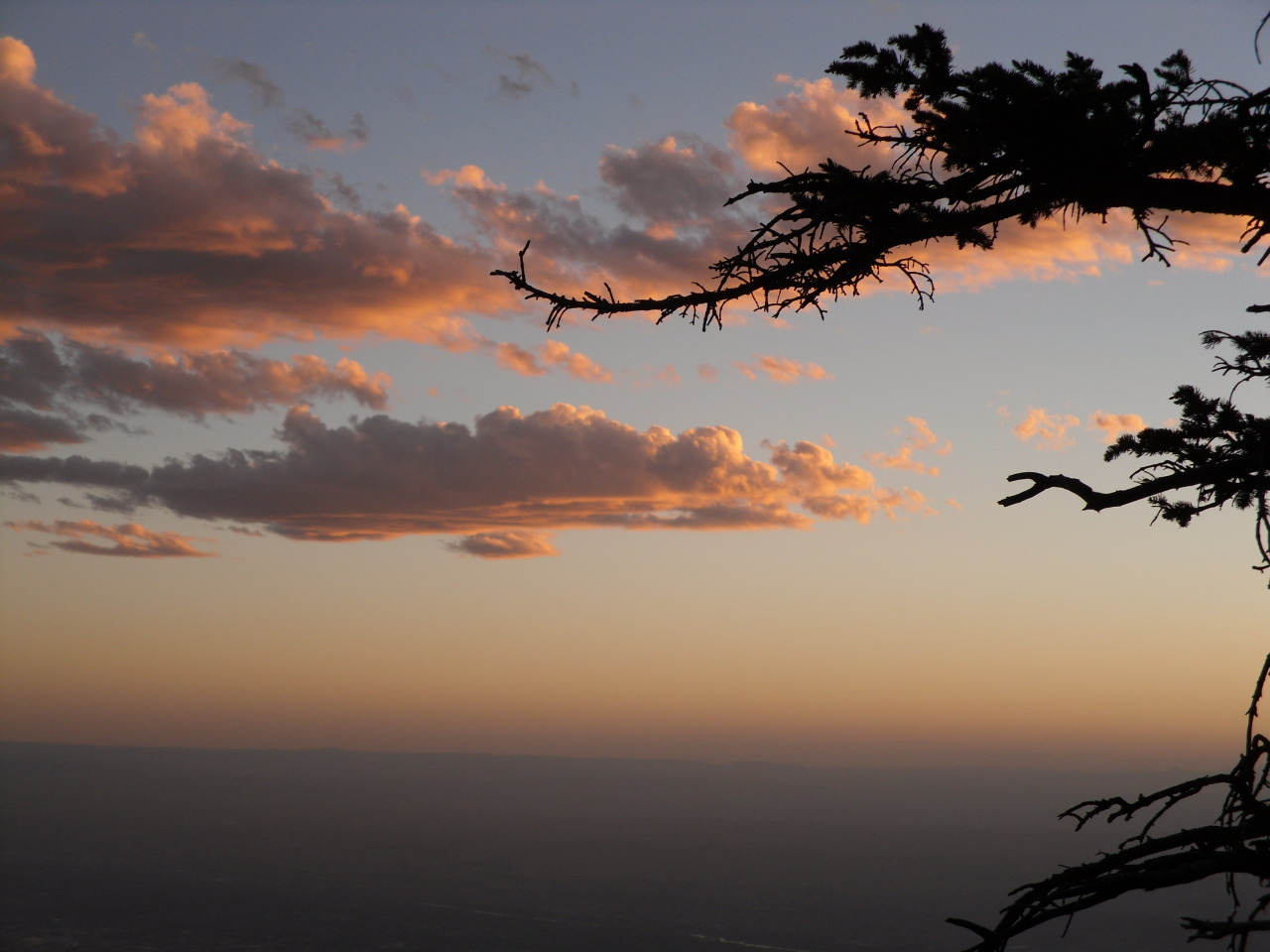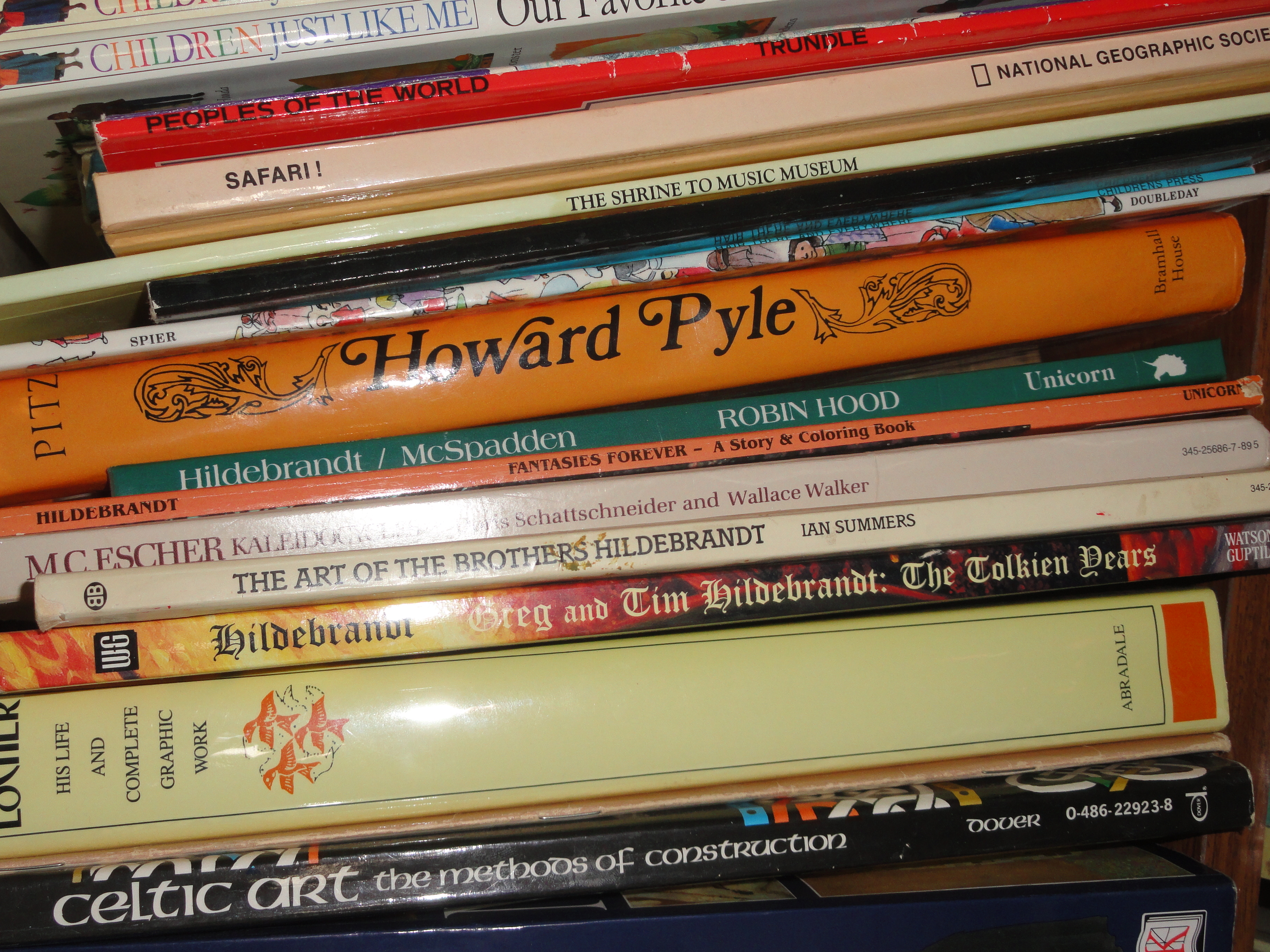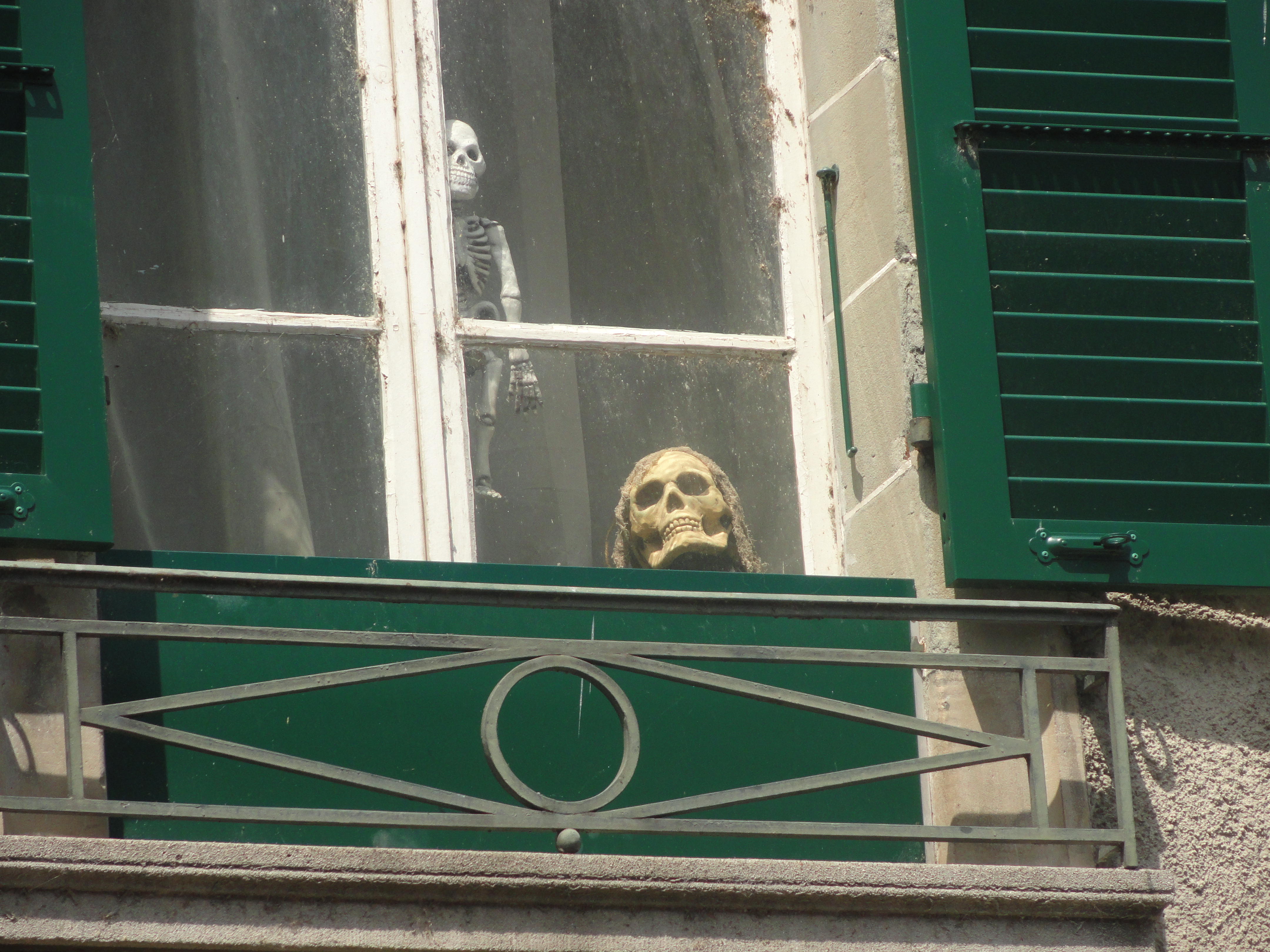Unschooling looks different for everyone and that's why you are having trouble nailing it down.
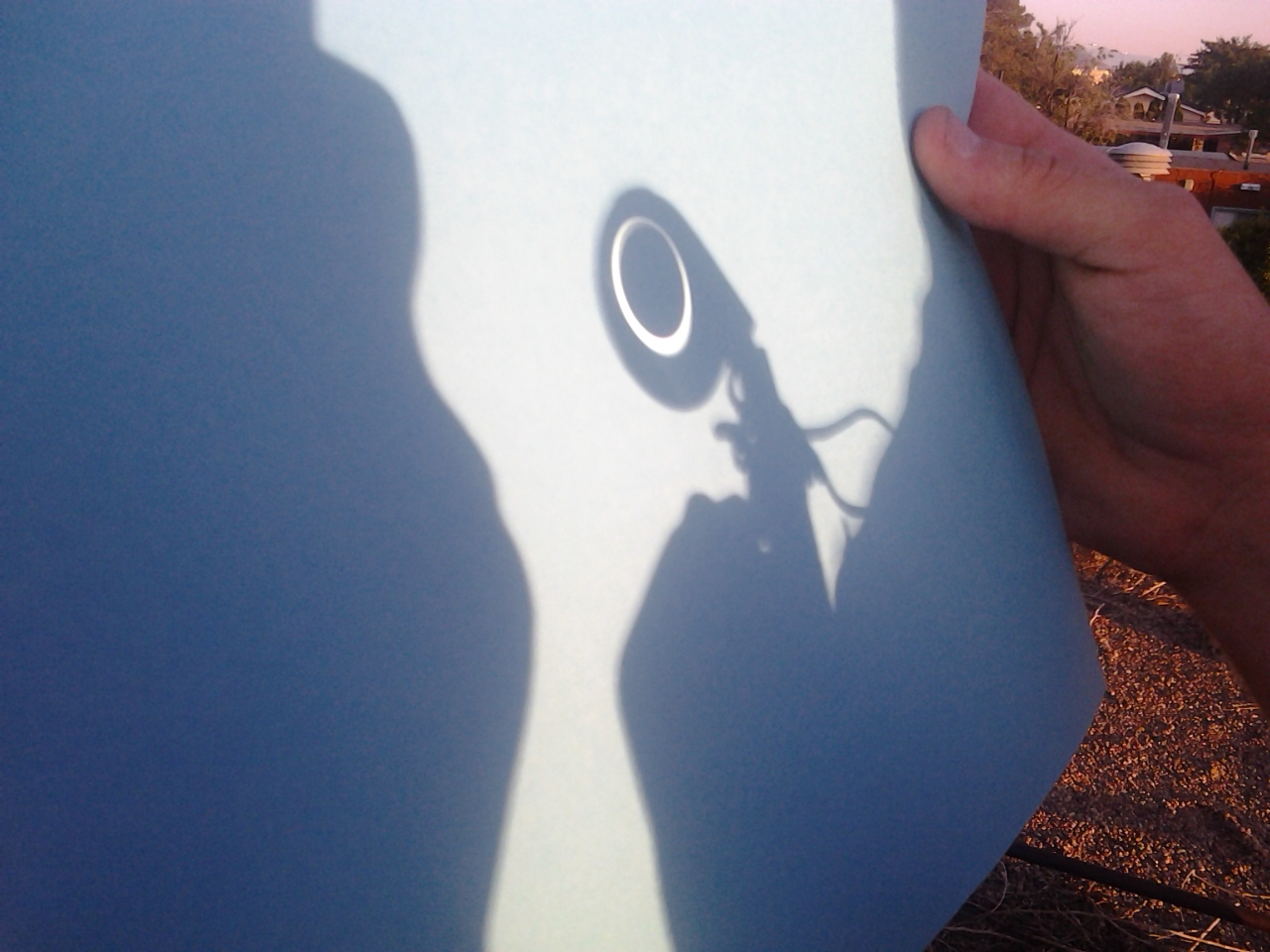
I felt the same when I started. It's nearly impossible to describe because every kid is different and since unschooling is about focusing on your child as an individual, then it's going to be different for everyone.
If I were to say unschooling looks like laying on a quilt at night, looking at the stars and talking about constellations or it looks like taking long car drives just for the sole purpose of having long winded discussions about every single US war in history, there would be 30 people who popped in and said that's not what it looks like at all, because their kids aren't interested in those things.
Unschooling isn't about where or how you learn something, it isn't about doing what everyone else is doing. It's about creating a rich environment for your naturally curious child to learn things that spark their interest. If you can do that, you'll be headed in the right direction.
photo by Holly Dodd, of her projection of an eclipse
__


